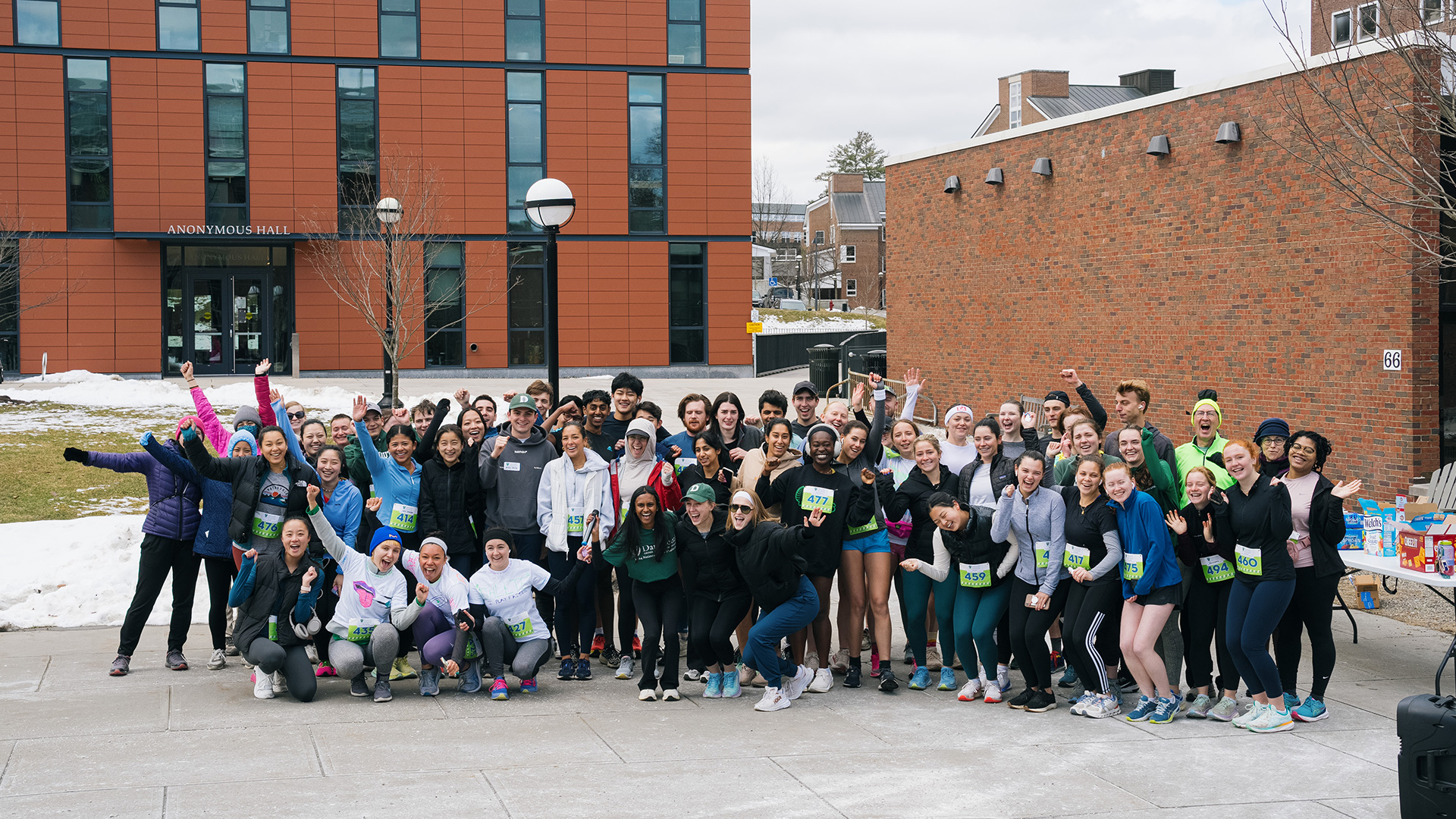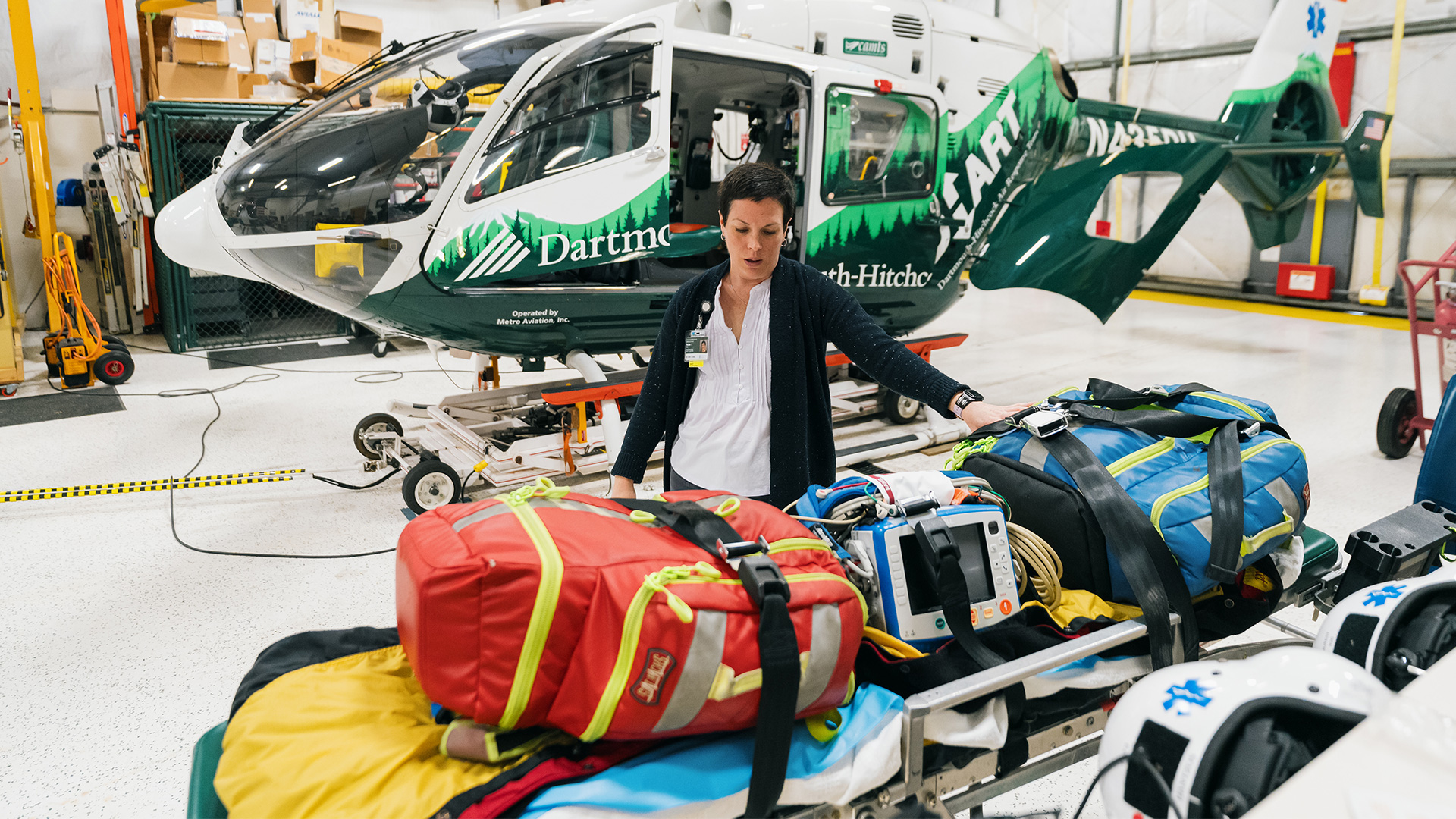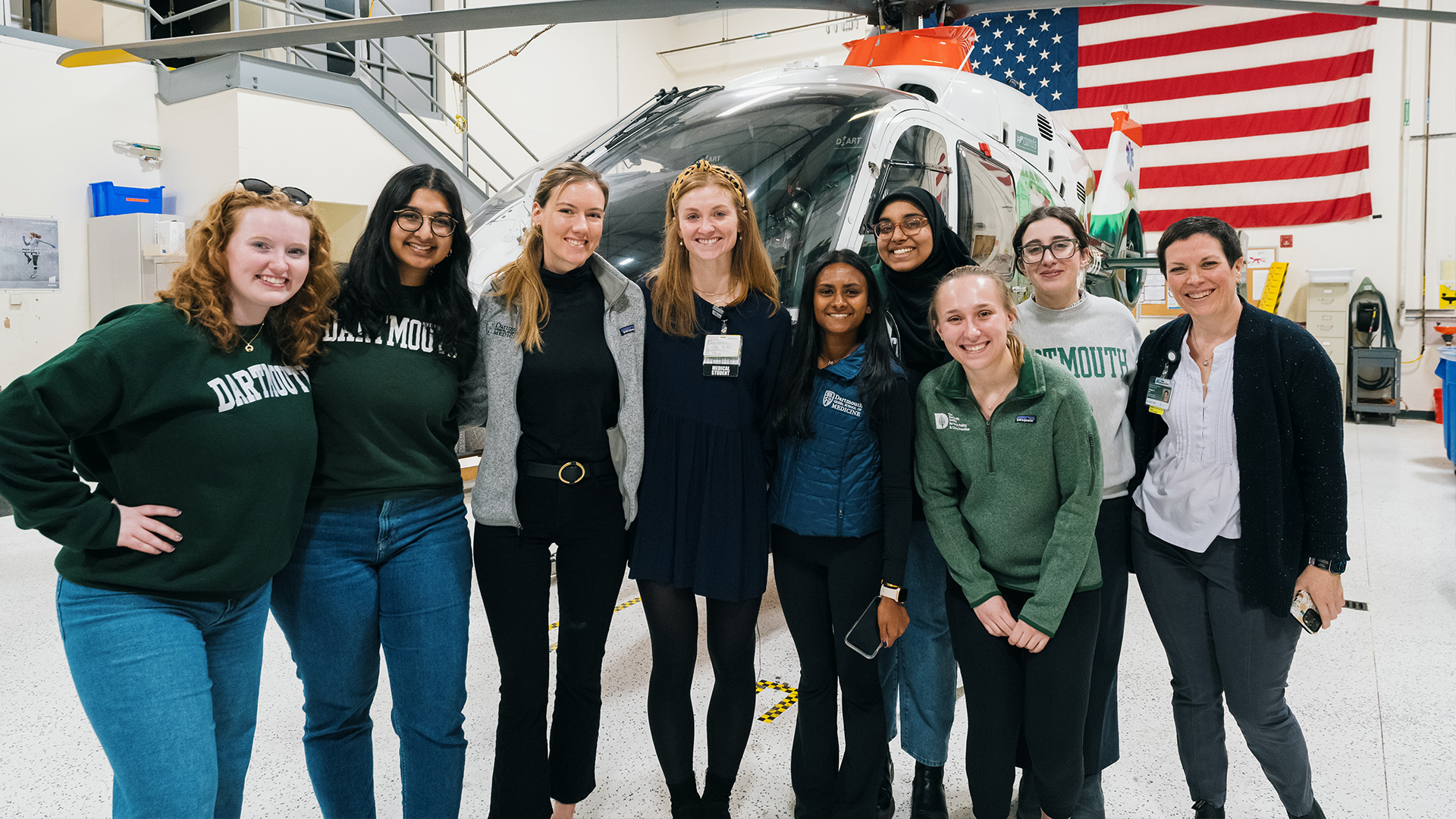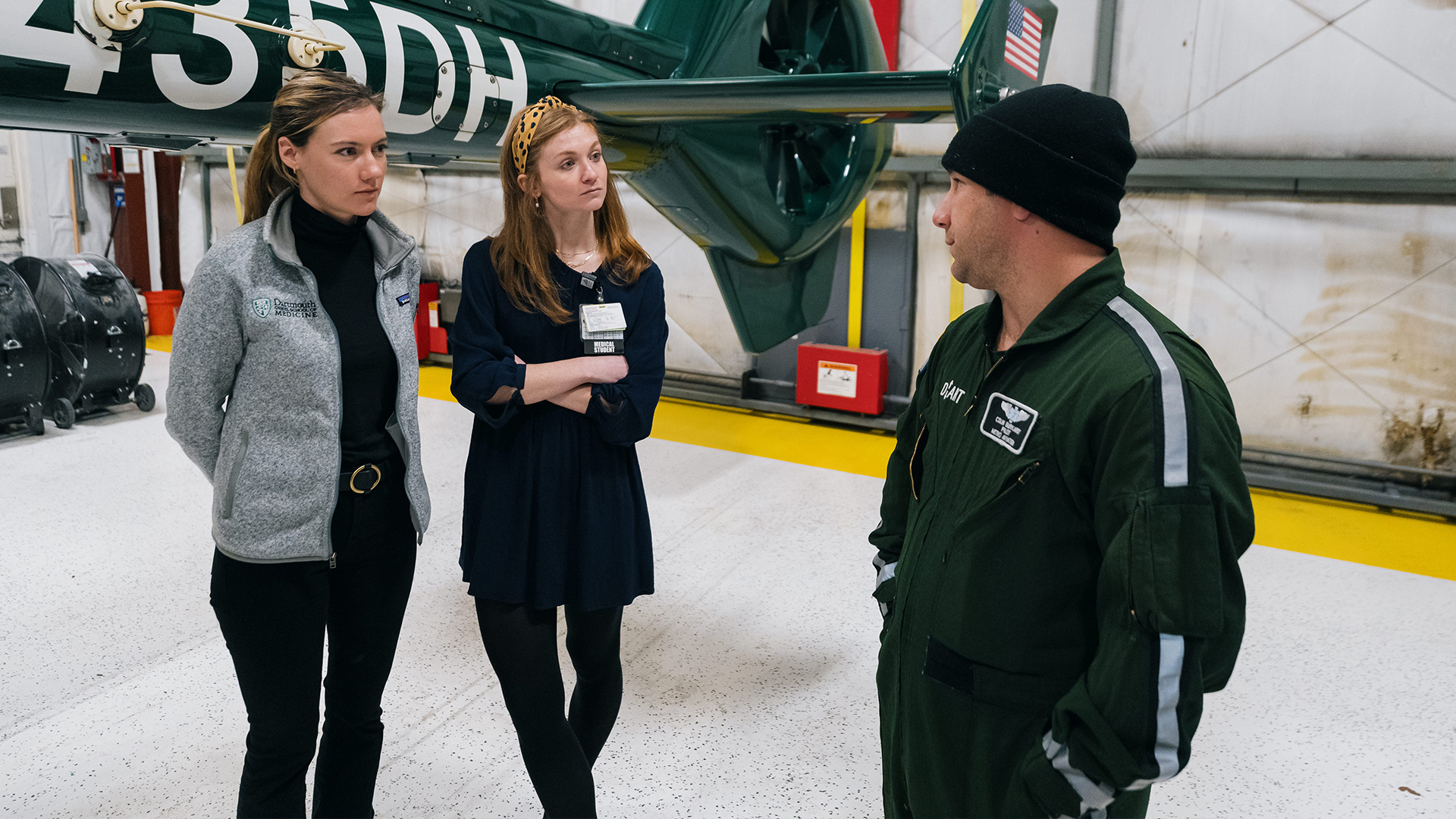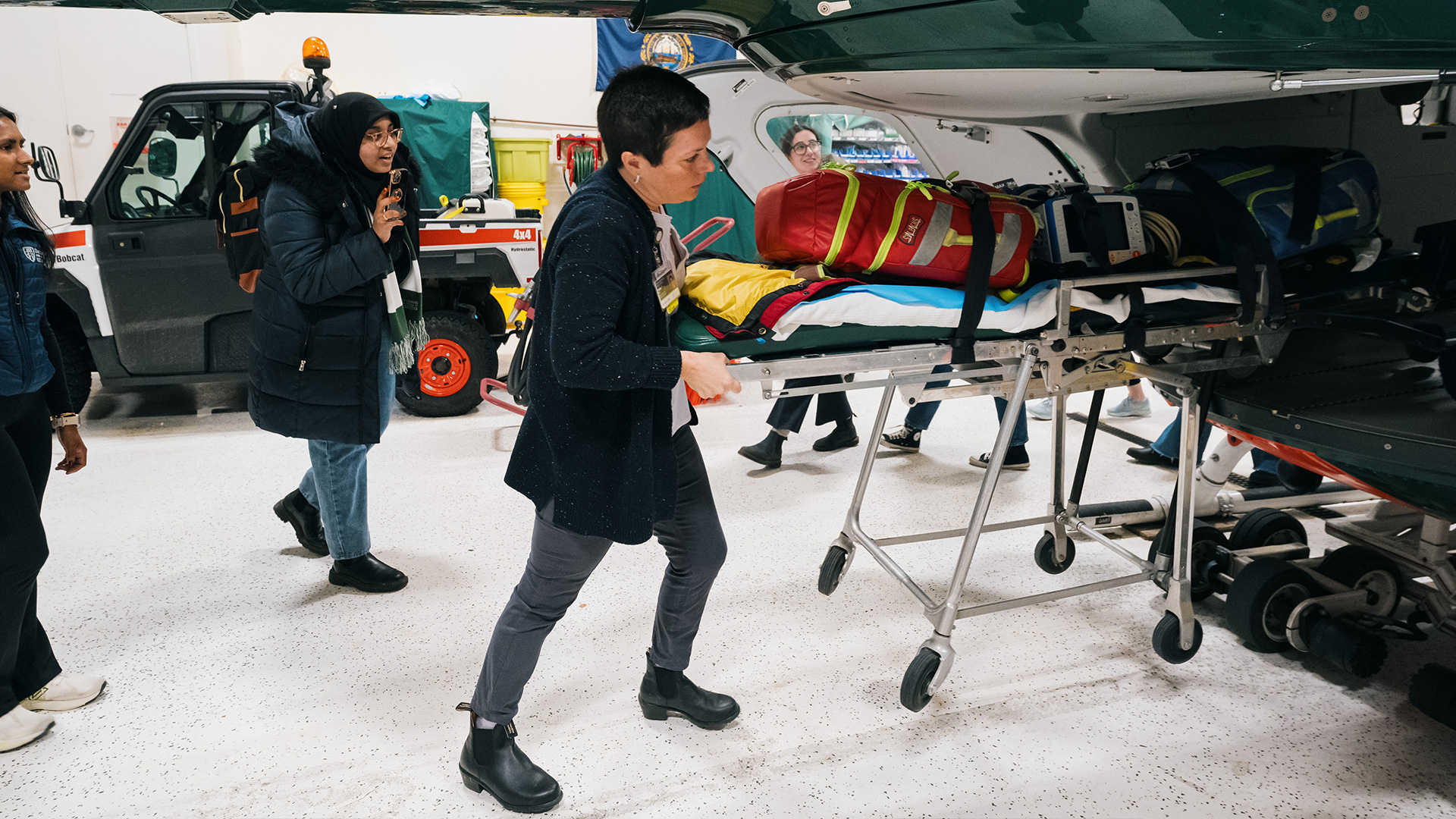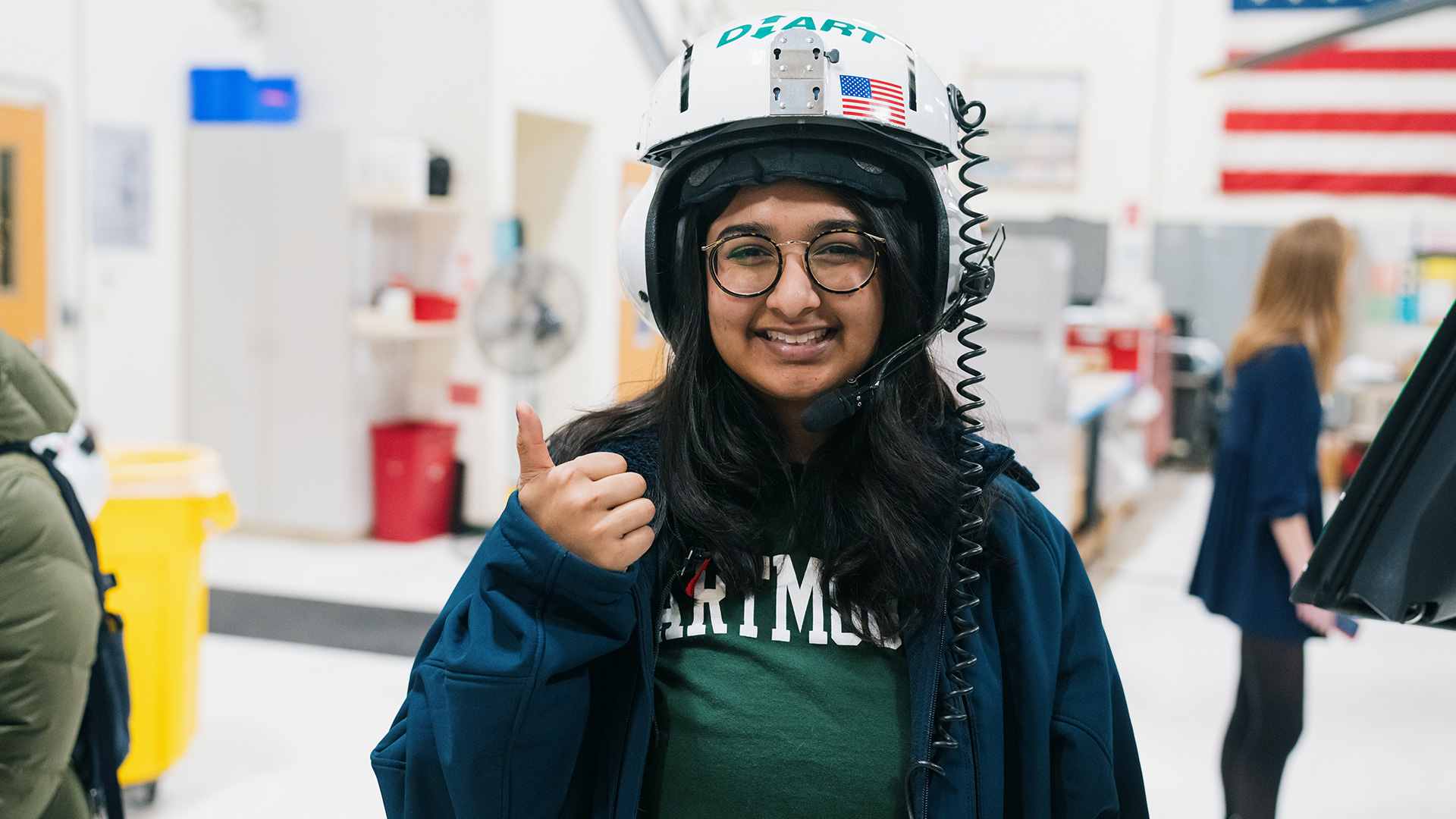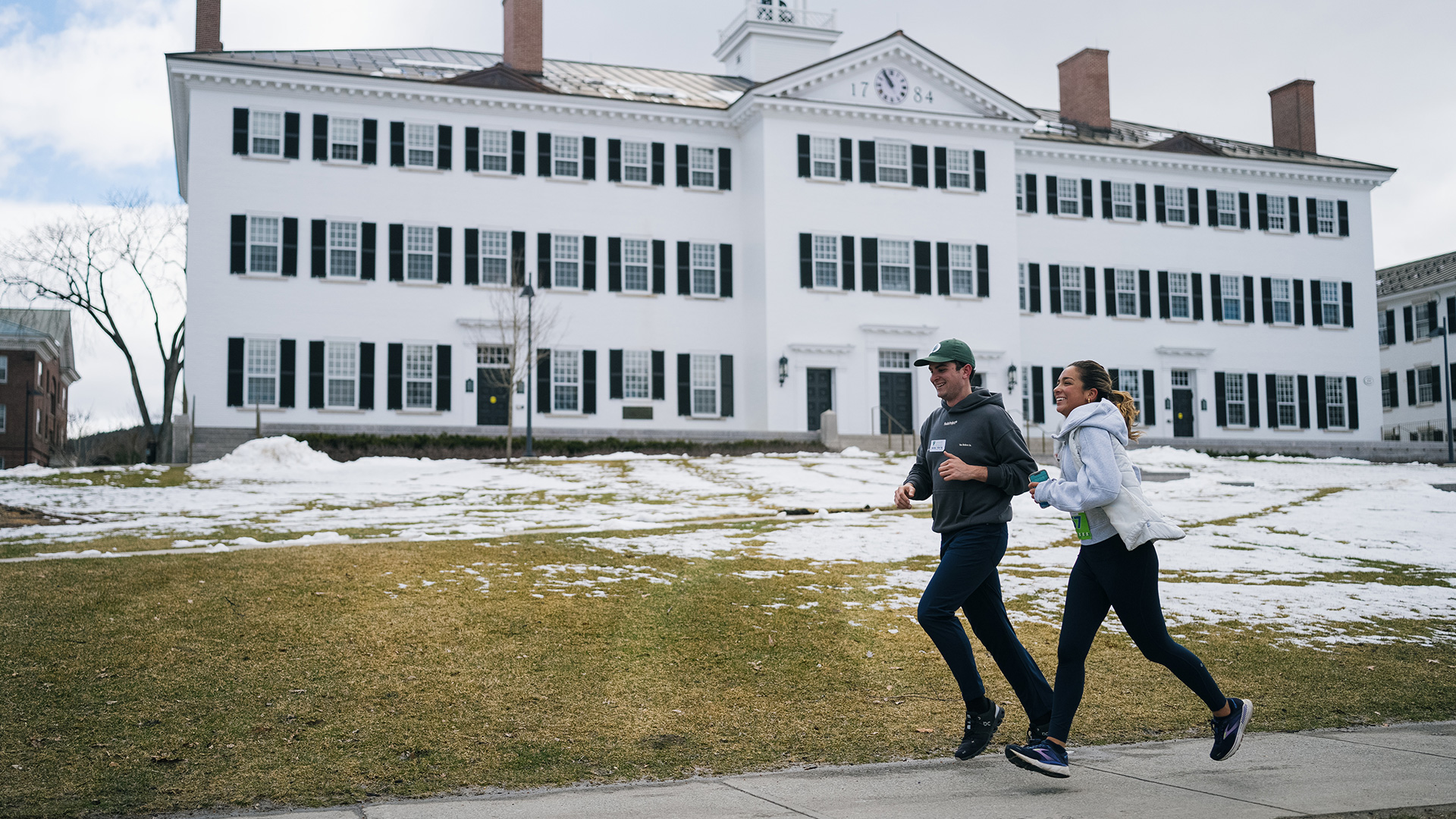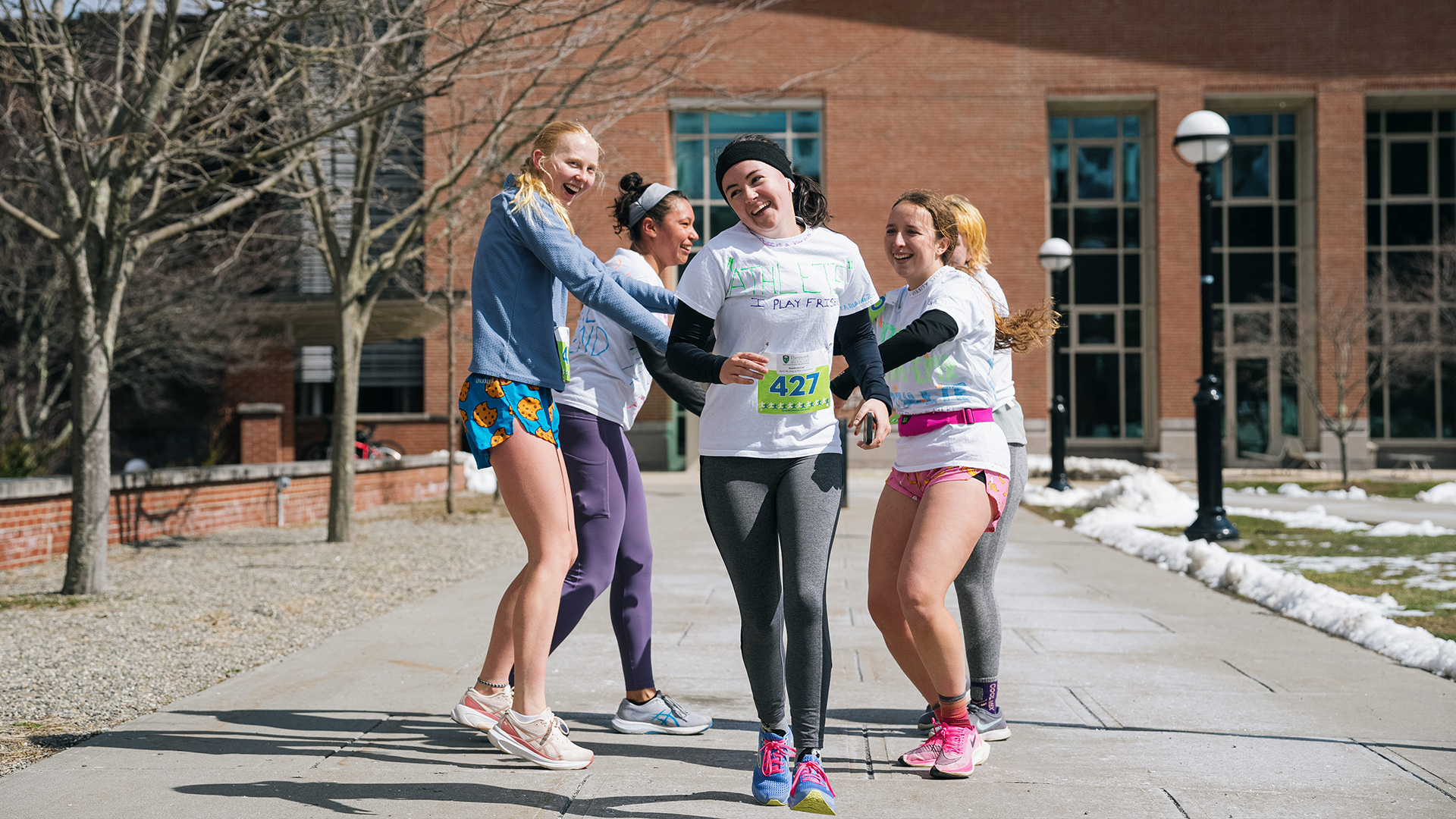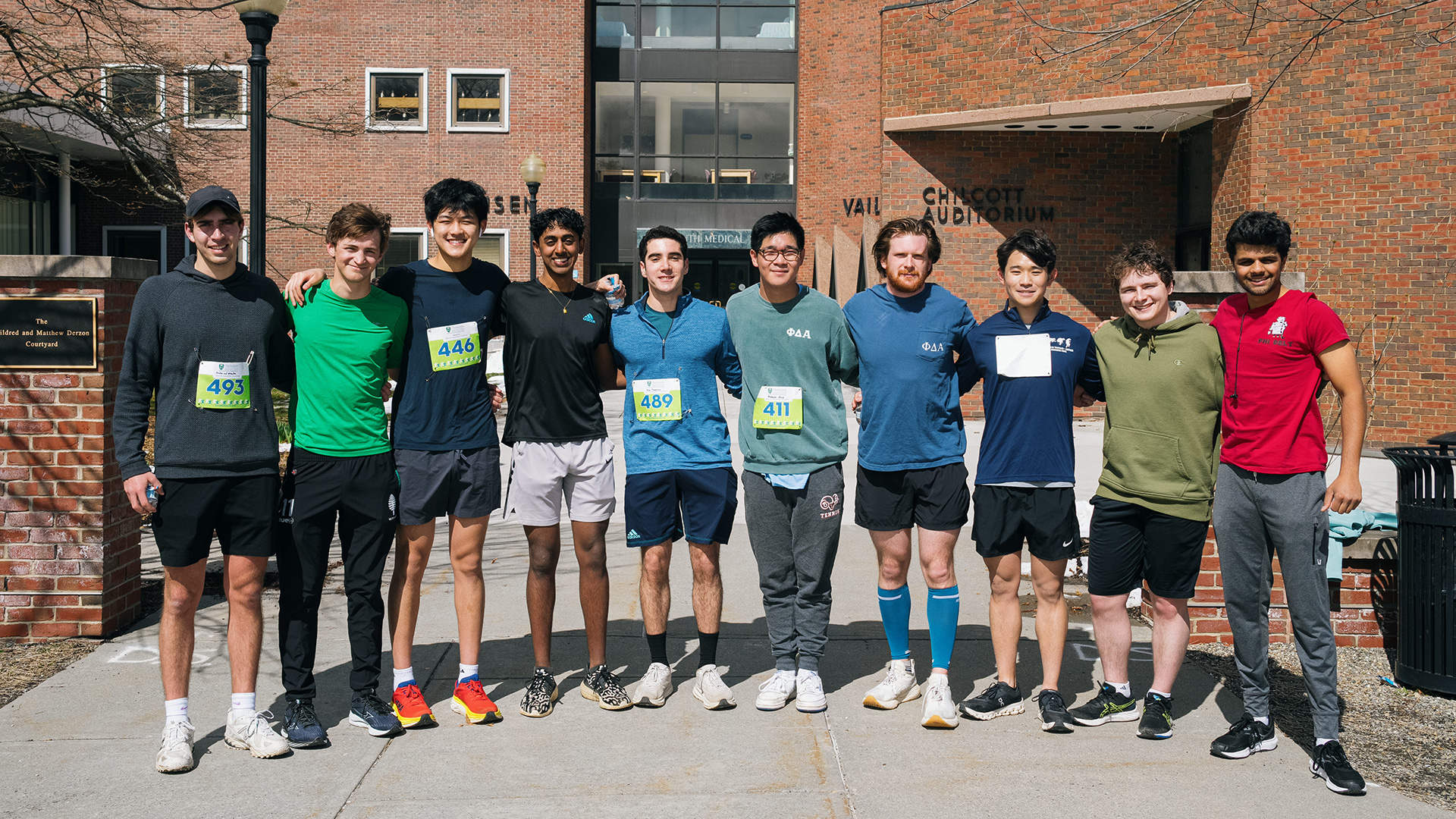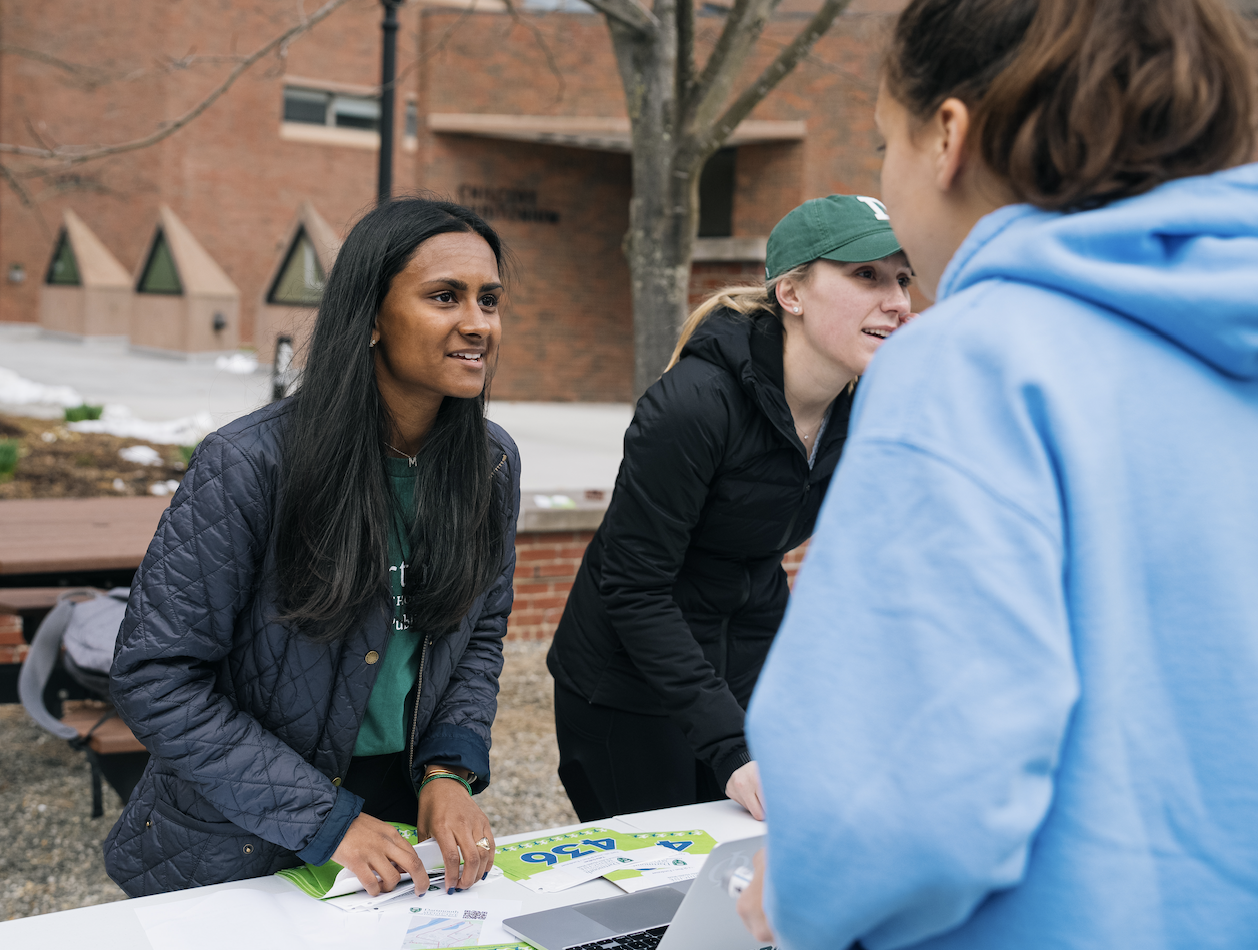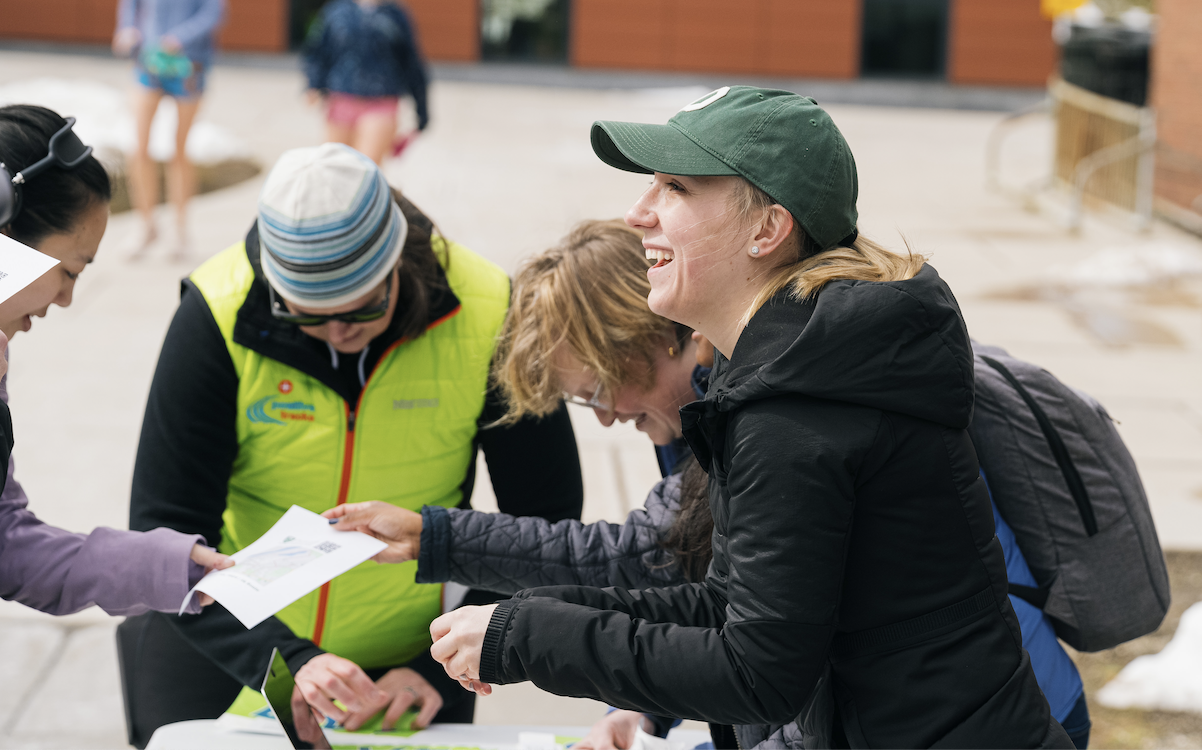Students Share Testimonials for 2024 National Public Health Week
National Public Health Week occurs during the first full week of April each year. APHA has been organizing NPHW for over 25 years. This week is a time to recognize and highlight public health issues that are vital in improving our nation's health. In celebration of NPHW, we asked the class of 2024 MPH students to answer some questions regarding public health and what it means to them. Keep scrolling to read their responses.
Q: What does public health mean to you?
A: To me, public health describes the collective effort of companies, professionals, and community members across nearly every industry in not only preventing disease but also in creating an environment that fosters optimal health.
-Manasvini Ranganathan, MPH'24
A: Public health is about promoting health for the good of an entire population. We strive to help others make informed choices and have the resources necessary to live healthy lives.
-Max Portnoy, MPH'24A: To me, public health is a foundational, crucial component in all that we do. At its core, public health strives to create and promote equitable, health-based initiatives for larger populations. Its equitable nature is what makes public health so interdisciplinary and so intertwined with our society. It grounds healthcare, intertwines with business, and guides policy. Understanding public health’s interdisciplinary qualities is why I find it so valuable: it helps ensure equity remains at the core of our thought process.
-Kathryn Giordano, MPH'24
A: Public health, to me, means being a voice for populations that aren’t immediately able to voice their needs. Being people that have knowledge of the sweeping public health problems in the United States, it is our responsibility to make sure we can create a healthy society where everyone is able to receive the care that they need.-Anush Motaganahalli, MPH'24A: For me, public health encompasses the science and practice of preventing disease and promoting the health and well-being of populations. Although the definition is straightforward, it is often the implementation of the necessary policies that require debate and a thorough understanding of all sides of the issues at hand.
-Aman Sinha, MPH'24
A: Public health means accessibility for disadvantaged communities, especially those who come to the US in search of better healthcare, resources, environment, safety, and climate.-Rosemina Bazeghi, MPH'24A: Public health, to me, means utilizing science and collaboration to promote community well-being. It’s about prevention, addressing the root cause of health issues, and fostering healthy environments. It involves interdisciplinary collaborations to ensure everyone has the best opportunity for a healthy life.
-Laila Serraj, MPH'24
A: To me, public health represents the collective well-being of our communities. It encompasses every initiative and intervention aimed at safeguarding and enhancing the population's health. This includes everything from comprehensive policies to individual measures during doctor visits. Its purpose is to diminish health disparities and ensure everyone has access to healthcare, regardless of race, gender, economic background, or nationality.-Paula A. Medina Diaz, MPH'24
A: To me, public health is an opportunity to increase the accessibility and quality of health care for all.
- Mei Maxwell, MPH'24
A: Public health represents a commitment to fostering cultural wellness and disease prevention by prioritizing health equity. Recognizing the interconnectedness between individual health and the health of broader communities and populations is necessary to address systemic barriers to quality healthcare, advocate for vulnerable populations, and ensure community support to lead healthy lives.
- Sharanya Subramaniam, MPH'24A: Studying public health is a journey of pursuing ideals for me. It means fighting for the marginalized and fairness, making a commitment to the public good over personal gain.
- Anji Zhu, MPH'24
Public health is a bridge between the medical sciences and society, considering healthcare through the necessary lens of history, politics, and other critical social determinants. In the wake of current events, public health professionals are the ones who should recognize war crimes like hospital bombings and be unwavering in their advocacy for justice.- Tajrean Rahman, MPH'24
Q: What is one thing you would like everyone to know about public health?
A: One thing I want everyone to know about public health is that it is a uniquely proactive & reactive field. In addition to responding to health crises as they occur, the field of public health is equally responsible for preventing them from happening in the first place.
-Manasvini Ranganathan, MPH'24
A: It takes all of us! For any public health intervention to be successful, we need people to be engaged and buy-in for the common good. Everyone has a role in creating healthier communities.
-Max Portnoy, MPH'24A: One thing I want everyone to know about public health is how interdisciplinary it is. Public health intertwines with a variety of practices, creating a multifaceted approach to address complex problems. It does not solely reside within medical practice but expands into business practices, law, and daily activities. It serves as a primary underpinning that brings a crucial, humanitarian perspective to addressing questions and problems and crafting solutions.
-Kathryn Giordano, MPH'24
A: The one thing I would like everyone to know about public health is that there are many different branches and disciplines that are associated with public health. I feel that a lot of people, especially in the past few years, associate public health with diseases and improving outcomes for patients across the health system. However, this is only a small part of what public health is. Quality improvement initiatives, understanding why variations in healthcare or health outcomes exist, these are the cornerstones of public health. These things don’t just start at the hospital level, either. Public health is heavily impacted by upstream factors such as diet, living conditions, and even occupation.-Anush Motaganahalli, MPH'24A: One fundamental aspect I want to emphasize about public health is its role in interconnecting all individuals within our society. Irrespective of demographic or geographical boundaries, public health serves as the common thread that unites us, highlighting the shared responsibility each person holds in protecting the health and well-being of others.
-Aman Sinha, MPH'24
A: Public health is a diverse field, and there is room for everyone’s niche interests.-Rosemina Bazeghi, MPH'24A: One crucial aspect about public health is that it has been around long before the COVID-19 pandemic and continues to make significant strides towards a better future. Public health is not just a response to emergencies; it is a sustained effort to improve health and well-being through education, prevention, and policy.
-Laila Serraj, MPH'24
A: Public health is woven into the fabric of our daily lives. It's in the fluoride-treated water that reduces dental cavities, the vaccinations received throughout our lives, the guidance offered during medical consultations, and the measures implemented to lessen the adverse effects of the COVID-19 pandemic. Public health is working relentlessly to protect and improve our health and well-being at every turn.-Paula A. Medina Diaz, MPH'24
A: Health equity is an integral aspect of public health to ensure that everyone has access to various types of care, treatment, and services
- Mei Maxwell, MPH'24
A: The widespread presence of public health in every aspect of our society and everyday lives is an aspect of public health that I want everyone to recognize. Public health is not confined to hospitals but involves how we access food and recreation in our neighborhoods, the policies that govern us, our educational systems, and more. The impact of public health extends further than I would have ever known. It emphasizes the need for individuals to understand its effects to address and overcome societal health and well-being challenges effectively.
- Sharanya Subramaniam, MPH'24A: Public health is not just about grand narratives; it's intimately tied to individuals. Personal stories can evoke societal empathy and medical attention to specific issues, even shaping entire fields. Macro public health recommendations require personal understanding and cooperation to be implemented; otherwise, they're mere rhetoric. While public health may sometimes seem distant from daily life, it actually helps us think about issues from a broader, systemic perspective: stepping outside personal views to understand social determinants of health and unwanted health disparities, fostering health equity.
- Anji Zhu, MPH'24
A: Public health is not constrained to the four corners of a hospital building; this is a field founded on all the nuances that come with intersectionality. If the practice of public health is committed to humanitarian aid without opposing ongoing genocide, the work is forever incomplete.- Tajrean Rahman, MPH'24
Q: How has Dartmouth positively (or neutrally) impacted your view on public health?
A: Prior to attending Dartmouth, I thought that public health was predominantly centered around clinical practice. However, my experience in the program has exposed me to a diverse range of professionals across various industries, including clinical practice, consulting, and engineering, all of which play integral roles in public health initiatives.
-Manasvini Ranganathan, MPH'24
A: One thing I love about the Upper Valley is that because it’s so remote, everyone has a good reason for coming here. I am thrilled to see the passion and drive that my classmates have, which makes me hopeful about the future of public health. Here at Dartmouth, we are building the next generation of leaders and activists that will make us all live healthier lives.
-Max Portnoy, MPH'24A: Dartmouth has positively impacted my view on public health as it’s encouraged me not only to view public health through numerous lenses but also to use my personal experiences as a way to understand the field. Dartmouth’s curriculum offers a variety of courses spanning different topics and aspects of public health, creating a holistic understanding that allows us to consider numerous perspectives when tackling public health challenges.
-Kathryn Giordano, MPH'24
A: Dartmouth has been instrumental in forming my view on public health. The variety of classes, along with the rigor, have shown me a world that I wasn’t completely aware of prior to being a student here. In my future endeavors, especially in medical school, I intend to carry these lessons further to hopefully help make public health changes at the administrative level.-Anush Motaganahalli, MPH'24A: During my time at Dartmouth, I have gained valuable insights into the function of the US healthcare system. Through coursework and interactions with professors and guest speakers, I have come to understand both its strengths and areas requiring significant improvement. Dartmouth provided me with a nuanced perspective on public health issues, highlighting their complexity and the involvement of diverse stakeholders. This multifaceted approach has equipped me, as a future physician, with the understanding that addressing systemic challenges requires collaboration and a holistic approach.
-Aman Sinha, MPH'24
A: Dartmouth has provided me with the platform and connections to explore my interests.-Rosemina Bazeghi, MPH'24A: Dartmouth has provided me with a comprehensive understanding of all the essential components of public health, from medical care epidemiology to health policy. By learning from experts in the field, I’ve gained a wealth of knowledge that will be invaluable in my professional, personal, and academic pursuits. I have come to learn that public health encompasses a myriad of topics and that understanding them brings me one step closer to making the positive changes I hope to see.
-Laila Serraj, MPH'24
A: Dartmouth has broadened my understanding of public health beyond the U.S., delving into global health issues and the essential public health interventions required in various countries, particularly for vulnerable populations. Furthermore, Dartmouth has bolstered my commitment to health equity by equipping me with knowledge about the health status and needs of different regions worldwide, emphasizing the importance of tailoring health systems to meet those unique needs.-Paula A. Medina Diaz, MPH'24
A: Dartmouth has positively impacted my view on public health because my experiences in the program have helped me understand different perspectives in healthcare, patient interaction, and health policy.
- Mei Maxwell, MPH'24
A: My experience at Dartmouth has helped shape my perspective on public health as I have had the opportunity to interact with individuals involved in various sectors of the field, from healthcare delivery to policy-making and community engagement. Connecting with inspiring professionals who are deeply committed to making healthcare more equitable has fueled my own desires to meaningfully contribute to the field of public health.
- Sharanya Subramaniam, MPH'24A: I still recall a fireside chat at the start of a semester, where we discussed a painting titled "The Fall of Icarus," pondering its meaning. Within it, I saw us, students of public health, just like Icarus, and the sun symbolizing the ideal of health equity. We aim to fly closer to the sun, but sometimes, such proximity may melt the wax on our wings, causing us to fall into the sea. Balancing reality and ideals, we continue to grapple with how to pursue maximum health equity while considering various stakeholders.
- Anji Zhu, MPH'24
Q: Is there anything else you'd like to highlight about public health and/or your experience in the field?
A: Although I initially entered the program set on eventually working in clinical practice, having submitted my medical school applications prior to joining, the program exposed me to the vast scope of public health applications across various industries. This allowed me to discover and cultivate my passion for pursuing a career in Life Sciences Consulting, and I have already accepted a post-grad job in the field! I wholly credit the program, as well as faculty support, for enabling me to successfully switch trajectories!
-Manasvini Ranganathan, MPH'24
A: Being a student at [Geisel] has been a tremendous experience! I love working with accomplished faculty to advance our understanding of public health and to ascertain the role we have in building healthy communities.
-Max Portnoy, MPH'24A: From my past experiences working in healthcare, public health principles have the capacity to enhance treatment plans, patient experiences, and more. The intersection between public health and medicine, from my experience, is fascinating and motivated me to enroll in an MPH program!
-Kathryn Giordano, MPH'24
A: During my time as an undergraduate researcher at a cardiac imaging lab in Boston, I encountered startling statistics revealing significant disparities in heart disease hospitalization rates among different racial and ethnic groups in the Greater Boston area. These findings were not as pronounced in other metropolitan areas across the US, prompting me to delve deeper into the underlying systemic issues contributing to such disparities. This experience served as a catalyst for my decision to pursue a Master of Public Health (MPH) degree after graduation, as I want to better understand healthcare variation and the role of healthcare professionals in reducing it.
-Aman Sinha, MPH'24A: As an international student, I deeply appreciate the inclusivity and support of my community and peers. I enjoy discussing disparities in different healthcare systems with my classmates, and my background from China allows me to offer unique perspectives. Through this integration, I feel I have gained a better understanding of health equity and the impact of health policies on populations.
- Anji Zhu, MPH'24
Photos from the DHART hangar tour and Sunday’s NPHW 5K:
More info on NPHW Events can be found here.
Photos by: Eli Burakian
POSTED 3/28/2024 AT 04:36 PM IN #publichealth #national public health week #NPHW
GET IN TOUCH
To arrange a media interview, please contact:
geisel.communications@dartmouth.edu
To share a news update or something you'd like to see featured on our website, please contact:


